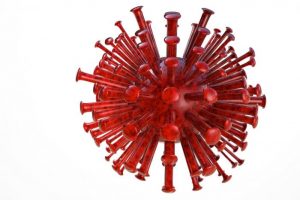genitalherpes

Herpes is widely known under the name ‘fever blister’ on or around the mouth. It is estimated that more than half of the population carries this virus. In some, from time to time, the virus becomes active due to fever, sunburn, stress or other causes.
Symptoms of herpes
Herpes expresses itself in the form of one or more sores on or next to one of the lips. When these sores are visible, especially when they are opening up, it is necessary to avoid contact with other mucous skin found on the mouth, vagina, penis or anus. It takes about two weeks for the infection to work itself out.
Symptoms and treatment of genital herpes
Genital herpes, which is far less frequent than labial herpes, can be transmitted by intimate sexual contact just as labial herpes can be transmitted by kissing. The process from infection to a retraction is similar. It begins with a tingling feeling, which is recognisable to someone who has had a herpes experience before. It is then imperative to apply an anti-viral ointment. This can halt they further development of the infection.
If no action is taken, for instance because the tingling feeling has not been noticed or recognised, painful blisters appear, after a few days, on our around the genitals. These, too, can be treated with the ointment, which will reduce the symptoms, but probably cannot prevent the blisters from developing and opening up. Without treatment, the blisters break open after a number of days. This may be accompanied by a rise in temperature, feeling under the weather, and swollen glands. After a week or so the virus retracts and their skin returns to normal. The virus remains dormant, and may become active again after a period of months, especially if the infection is recent. Later, the virus becomes less active, and someone may be free of complaints for many years.
